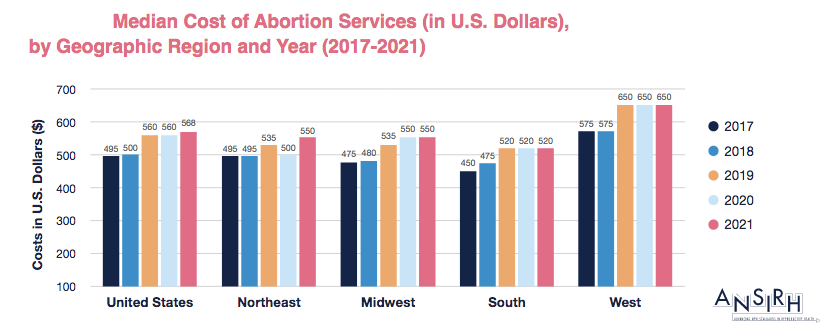Bulletin #59: Health workers of the world united against brain drain

This fortnight
Global North countries continue to treat health systems in the Global South as a pool for recruiting workers. At the same time, they neglect the workers who are already employed in hospital wards and health centers. This short-sighted approach is harmful for the Global South, where the health workers’ shortage is particularly pronounced. It is also perpetuating a vicious cycle of unmanageable workload and career dropout among nurses and other health workers.
Nina Bergman from the Swedish Association of Health Professionals is one of the trade unionists in Europe who are opposing such an approach. In an interview with the People’s Health Dispatch, she talks about the policies that trade unions in Sweden are demanding to strengthen the public health system without transferring the burden to the Global South.
As one of the preferred destination countries for many migrating health workers, Germany has embarked on a campaign of active recruitment in several countries. In addition to Brazil, the German labor minister recently approached policy makers in the Indian state of Kerala. While the official narrative is that the migration of nurses from Kerala is an option benefiting everyone involved, the reality on the ground is not so clear cut.
The brain drain of health workers and privatization of healthcare are a direct result of capitalism. In order to stop the current trends, health experts and activists have to address this root cause explicitly. During the 19th conference of the International Association of Health Policy Europe, participants reaffirmed their determination to continue exposing capitalism’s harmful effects on health.
The European Environment Agency recently published a report which notes alarmingly high levels of Bisphenol A (BPA), a chemical with detrimental effects on human health, across the whole region. The chemical and its most widespread alternatives represent a threat to the workers who are exposed to them in their workplaces. But the general population is also highly exposed, due to the chemical being present in food packaging and specific types of pipes used for water delivery.
Featured articles
Health workers in Sweden demand workforce policies that do not rely on international recruitment
Nina Bergman from the Swedish Association of Health Professionals talks about the working conditions of health workers in Sweden and the trade union’s support for the struggles for workers’ rights in the Global South

German health workforce strategy depends on nursing drain from India
Germany’s bid to address its nursing shortage through international recruitment spans Latin America, eastern Europe, and Asia. India, especially the State of Kerala, finds itself among the top cadre providers

Capitalism is the greatest threat to public health, warn researchers and activists
During the opening of the 19th conference of the International Association of Health Policy Europe, academics and activists warned that capitalism remains biggest threat to human and planetary health

Short reads
Bisphenol A (BPA), a chemical with detrimental effects on human health, enters the body via food packaging, which includes plastic containers, baby bottles, and epoxy resin-lined pipes used for water delivery. Workers in certain sectors are also highly vulnerable

Data speaks
As the International Safe Abortion Day approaches on September 28, women all over the world still face widespread obstacles in accessing this, and many more sexual and reproductive health services. Data from the Abortion Facility Database Project shows that the median cost of abortion in the United States has risen in the period between 2017 and 2021, averaging well above 500 USD.

In case you missed it
(3).png)






